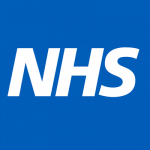Self care
Self care is the best choice to treat very minor illnesses and injuries.
Common illnesses and injuries can be treated at home with rest, painkillers such as paracetamol or ibuprofen, and basic first aid. Read more about how health services are reducing the risk of infection in clinical settings here: Reducing your risk of infection.
If you are unsure, or you have questions what to keep at home, visit your local pharmacist for free, effective advice.
For information to help you care for yourself at home, a health A-Z of conditions and treatments, or to find your nearest pharmacy for over-the-counter medicines, visit the NHS website.
Self care checklist
-
Boost your immunity
Protect yourself, family and friends by having flu and COVID-19 vaccinations.
-
Register with a GP practice
Your GP is your first point of contact if you have a health problem.
-
Get help early before your condition worsens
Speak to your GP surgery, contact NHS 111, or visit your local pharmacist for advice if you feel unwell.
-
Use alternatives to A&E
You might be seen quicker visiting a minor injury or first aid unit close to where you live for cuts, sprains and minor burns.
-
Have a well-stocked medicine cabinet
To treat niggly coughs, colds and sore throats.
-
Get your repeat prescriptions in plenty of time
Many pharmacies are closed on bank holidays so order your medication in time.
-
Look after your mental wellbeing
The NHS provides 24/7 advice lines to support you if you feel down or need to speak to someone.
-
Keep an eye on your elderly neighbours
Try and visit elderly or frail friends, neighbours, and relatives especially during very cold or hot weather.
-
Be kind
Be kind and compassionate to those you meet, including hard-working staff who are supporting others.
-
Live well at home
Get support when you leave hospital to regain independence and confidence.

